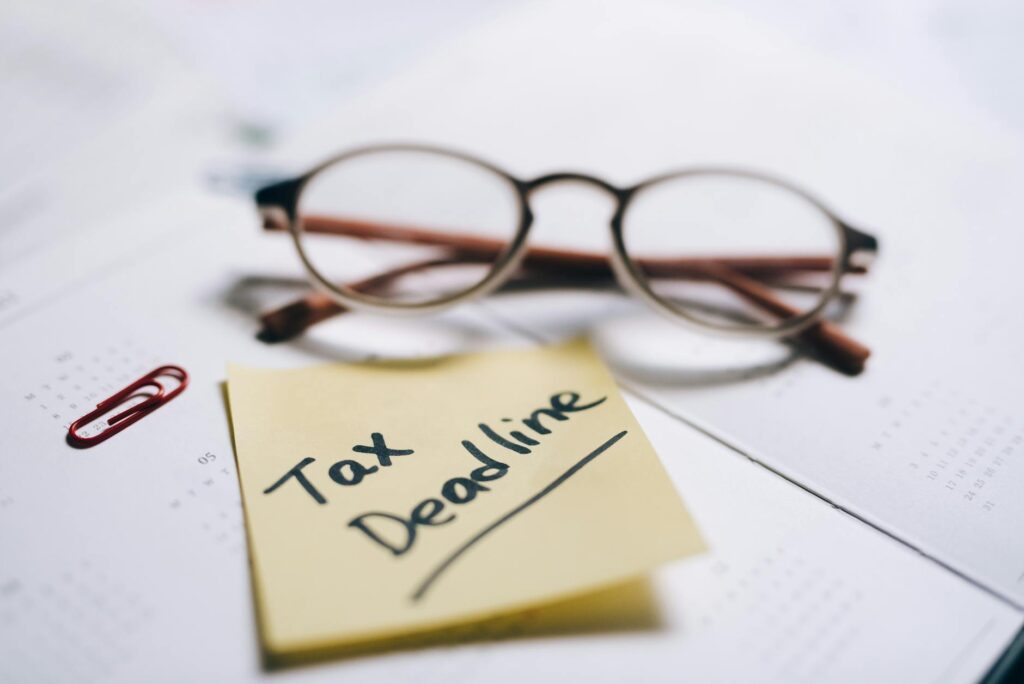Taking control of your finances can feel overwhelming, but a financial reset is achievable and empowering. It’s about regaining clarity, establishing healthy habits, and building a secure financial future. This process isn’t about quick fixes; it’s about making sustainable changes that positively impact your life.
Assess Your Current Financial Situation
Before you can reset your finances, you need a clear picture of where you stand. Gather all your financial documents: bank statements, credit card statements, loan documents, investment accounts, etc. Use budgeting apps or spreadsheets to track your income and expenses for at least one month. This will highlight areas where you can cut back and where your money is actually going. 
Create a Realistic Budget
Now that you know where your money is going, it’s time to create a realistic budget. The 50/30/20 rule is a great starting point: allocate 50% of your income to needs (housing, food, transportation), 30% to wants (entertainment, dining out), and 20% to savings and debt repayment. Adjust these percentages to suit your individual circumstances. Consider using budgeting apps like Mint or YNAB (You Need A Budget) to help you stay on track. Remember to include all your expenses, even the small ones, as they add up over time.
Tackle Your Debt
High-interest debt can significantly hinder your financial progress. Prioritize paying down your debt, starting with the highest-interest debts first (like credit cards). Consider strategies like the debt snowball or debt avalanche methods. If you’re struggling, explore options like debt consolidation or speaking with a financial advisor. Learn more about debt management strategies.
Build an Emergency Fund
An emergency fund is crucial for weathering unexpected expenses (medical bills, car repairs). Aim to save 3-6 months’ worth of living expenses in a readily accessible account. This provides a safety net and prevents you from going into debt during emergencies. Start small and gradually increase your savings. Even small, consistent contributions make a difference over time. 
Set Financial Goals
Having clear financial goals gives you direction and motivation. What are your short-term and long-term goals? Are you saving for a down payment on a house? Planning for retirement? Paying off student loans? Setting specific, measurable, achievable, relevant, and time-bound (SMART) goals will help you stay focused and make progress. Check out our goal-setting guide.
Automate Your Savings
One of the best ways to ensure consistent savings is to automate it. Set up automatic transfers from your checking account to your savings and investment accounts. This makes saving effortless and ensures you contribute regularly, even when you’re busy. Consider setting up automatic payments for bills to avoid late fees and maintain a positive credit score. [IMAGE_3_HERE]
By consistently following these steps and adapting them to your specific needs, you can successfully achieve a financial reset. Remember, it’s a journey, not a race. Celebrate small victories along the way and don’t be discouraged by setbacks. Seeking advice from a financial professional (find a certified advisor) can provide valuable guidance and support throughout this process. Read our success stories.
Frequently Asked Questions
What if I don’t have any savings? Start small! Even saving a small amount each week or month is better than nothing. Gradually increase your contributions as your income allows.
How long will a financial reset take? It depends on your individual circumstances and goals. It could take months or even years to reach your desired level of financial stability.
What if I make a mistake? Don’t be discouraged! Mistakes are part of the learning process. Analyze what went wrong and adjust your strategies accordingly. Remember, progress, not perfection, is the key.
Where can I find more resources? There are many excellent online resources available, including government websites, non-profit organizations, and financial literacy programs. Check out this list of helpful resources.
Should I use a financial advisor? Consulting a financial advisor can provide personalized guidance tailored to your situation and goals. They can help navigate complex financial decisions and create a customized plan.



